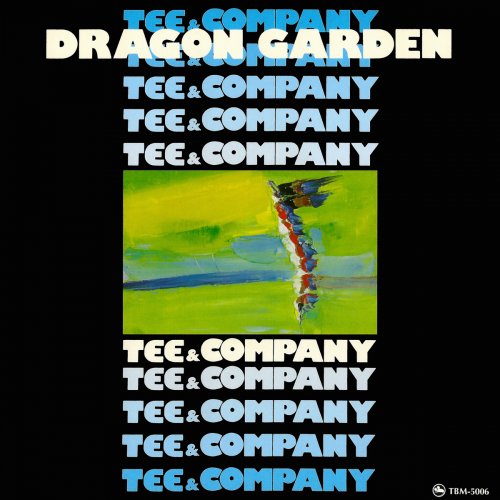Sarah Brightman - Symphony (2008)
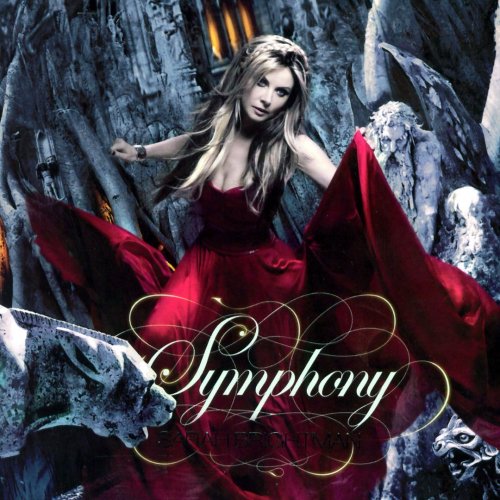
Artist: Sarah Brightman
Title: Symphony
Year Of Release: 2008
Label: Manhattan Records
Genre: Pop, Classical Crossover
Quality: FLAC (tracks+.cue,log) / MP3 320 Kbps
Total Time: 57:08
Total Size: 403 Mb / 144 Mb
WebSite: Album Preview
Tracklist: Title: Symphony
Year Of Release: 2008
Label: Manhattan Records
Genre: Pop, Classical Crossover
Quality: FLAC (tracks+.cue,log) / MP3 320 Kbps
Total Time: 57:08
Total Size: 403 Mb / 144 Mb
WebSite: Album Preview
01. Gothica (1:19)
02. Fleurs Du Mal (4:10)
03. Symphony (4:47)
04.Canto Della Terra (Duet With Andrea Bocelli) (3:59)
05. Sanvean (3:50)
06. I Will Be With You (Where The Lost Ones Go) (Duet With Paul Stanley) (4:32)
07. Schwere Traume (3:22)
08. Sarai Qui (Duet With Alessandro Safina) (3:57)
09. Storia D'Amore (4:03)
10. Let It Rain (4:17)
11. Attesa (4:27)
12. Pasion (Duet With Fernando Lima) (5:14)
13. Running (9:11)
Sarah Brightman took five years between 2003's pop exotica outing Harem and Symphony. The over-the-top gothic excess in the artwork here seems like a cousin to Meat Loaf's Bat Out of Hell II, so much so that it feels like legendary theatrical rock excess king Jim Steinman -- a former associate of Brightman's longtime producer Frank Peterson (who wrote or co-wrote five of these tunes) -- is haunting the recording. Despite the big duet presences here -- Andrea Bocelli (again) on"Canto della Terra," tenor Alessandro Safina on "Sarai Qui," vocalist and actor Fernando Lima, and Kiss' Paul Stanley -- there are relatively few moments of real inspiration amidst the obvious kitsch. Symphony is trademark Brightman. It sits dead center at the crossroads of classical crossover, pop, and musical theater. Despite the star power on board, this is exactly what EMI wanted from her. The reprise of her first duet appearance with Bocelli is a firm showcase for both voices, and "Sarai Qui" with Safina is among best things here -- even if the arrangements threaten to do in all that vocal power. As for "Pasión," Lima's voice, with all of its high tenor acrobatics, is as lilting as her light soprano. It may work in the theater, or in the movies, but it doesn't here. "I Will Be with You (Where the Lost Ones Go)," with Stanley, is a bit of a campy cheat. Brightman originally recorded this for the Pokeman soundtrack with Chris Thompson of Manfred Mann. Stanley's vocal chops just don't equate with the former. With acoustic guitars all but drowned in strings, the emotional punch of the original is lost. Brightman simply soars, and if her ice queen vocal isn't believable emotionally, it contains enough drama to keep it from falling into the abyss.
Peterson and Carsten Heusmann's cool sound and synth loops on "Gothika" set up the meld of bombastic electric guitars and the London Symphony Orchestra in "Fleurs du Mal." It's full of sweeping textures where a lone clarinet sweeps in before the woodwinds on the third verse; strings shift, swoop, and soar; and a choir comes hammering down on the refrain like thunder trying to bury Brightman in her full but false fragility act. The title track begins as one of the most overblown things on the set, but in comparison to others, it is one of the simplest, breeziest melodies here. There is one genuine surprise: a cover of "Sanvean," written by Lisa Gerrard and Andrew Claxton. Brightman allows Gerrard's words (the English title amounts to "I Am Your Shadow") to haunt her, imbuing them with a classically delivered discipline that showcases the otherworldly and sorrowful melody in the piece. And if there were any radio programmers with brains, they'd choose either the classically tinged and passionate Cordel/LaBionda/Brightman number "Storia d'Amore" or the relatively straight-ahead melancholy pop/rock anthem "Let It Rain" as a single. The latter may be more standard radio fare, but the former would grab the attention of anyone who heard it. The album's nine-plus-minute closer, "Running," is a virtual multi-part suite disguised as a single song. There is an operatic intro that becomes fist-in-the-air uplifting rock & roll bombast in the first half -- it even includes an electric guitar solo, enormous drums, and a choir hammering home the refrain with Brightman before it moves back toward opera, then silence, then more orchestral and vocal drama. This track reeks of Steinman -- and his lyrics would have been far better than what is here. Symphony is stronger than Harem, yet not as adventurous as Luna, and is more self-indulgent than both.
Peterson and Carsten Heusmann's cool sound and synth loops on "Gothika" set up the meld of bombastic electric guitars and the London Symphony Orchestra in "Fleurs du Mal." It's full of sweeping textures where a lone clarinet sweeps in before the woodwinds on the third verse; strings shift, swoop, and soar; and a choir comes hammering down on the refrain like thunder trying to bury Brightman in her full but false fragility act. The title track begins as one of the most overblown things on the set, but in comparison to others, it is one of the simplest, breeziest melodies here. There is one genuine surprise: a cover of "Sanvean," written by Lisa Gerrard and Andrew Claxton. Brightman allows Gerrard's words (the English title amounts to "I Am Your Shadow") to haunt her, imbuing them with a classically delivered discipline that showcases the otherworldly and sorrowful melody in the piece. And if there were any radio programmers with brains, they'd choose either the classically tinged and passionate Cordel/LaBionda/Brightman number "Storia d'Amore" or the relatively straight-ahead melancholy pop/rock anthem "Let It Rain" as a single. The latter may be more standard radio fare, but the former would grab the attention of anyone who heard it. The album's nine-plus-minute closer, "Running," is a virtual multi-part suite disguised as a single song. There is an operatic intro that becomes fist-in-the-air uplifting rock & roll bombast in the first half -- it even includes an electric guitar solo, enormous drums, and a choir hammering home the refrain with Brightman before it moves back toward opera, then silence, then more orchestral and vocal drama. This track reeks of Steinman -- and his lyrics would have been far better than what is here. Symphony is stronger than Harem, yet not as adventurous as Luna, and is more self-indulgent than both.
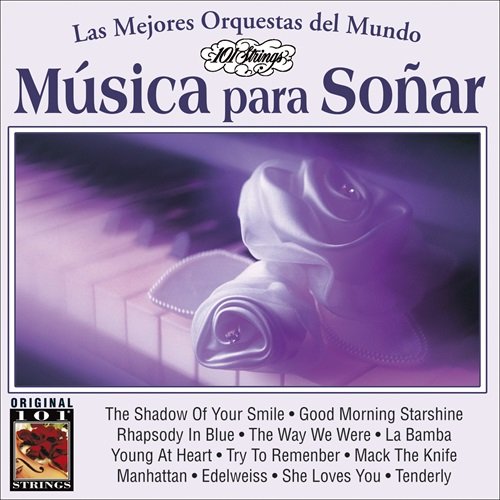
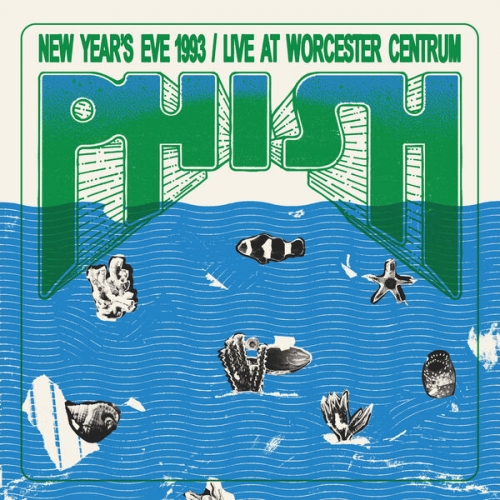
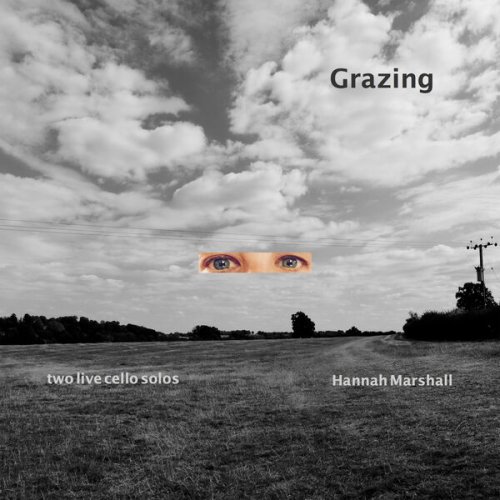

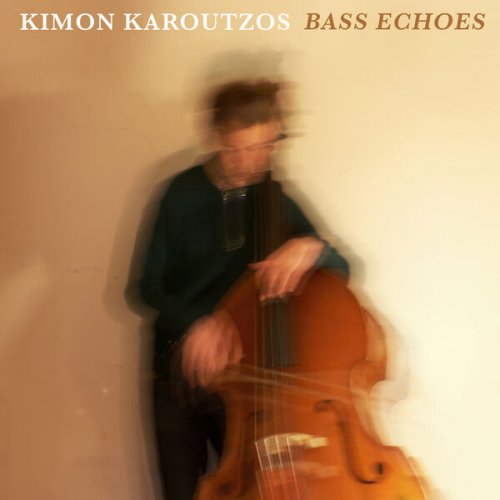
![VA - 20 Years Into An Infinite Musical Journey (2025) [SACD] VA - 20 Years Into An Infinite Musical Journey (2025) [SACD]](https://www.dibpic.com/uploads/posts/2026-02/1771834929_ff.jpg)
![Youn Sun Nah - Lost Pieces (2026) [Hi-Res] Youn Sun Nah - Lost Pieces (2026) [Hi-Res]](https://www.dibpic.com/uploads/posts/2026-02/1771413579_1.jpg)
![Meinild/Anderskov/Tom - Spectral Entanglements (2023) [Hi-Res] Meinild/Anderskov/Tom - Spectral Entanglements (2023) [Hi-Res]](https://www.dibpic.com/uploads/posts/2026-02/1771491474_hl116k2q9n24a_600.jpg)
